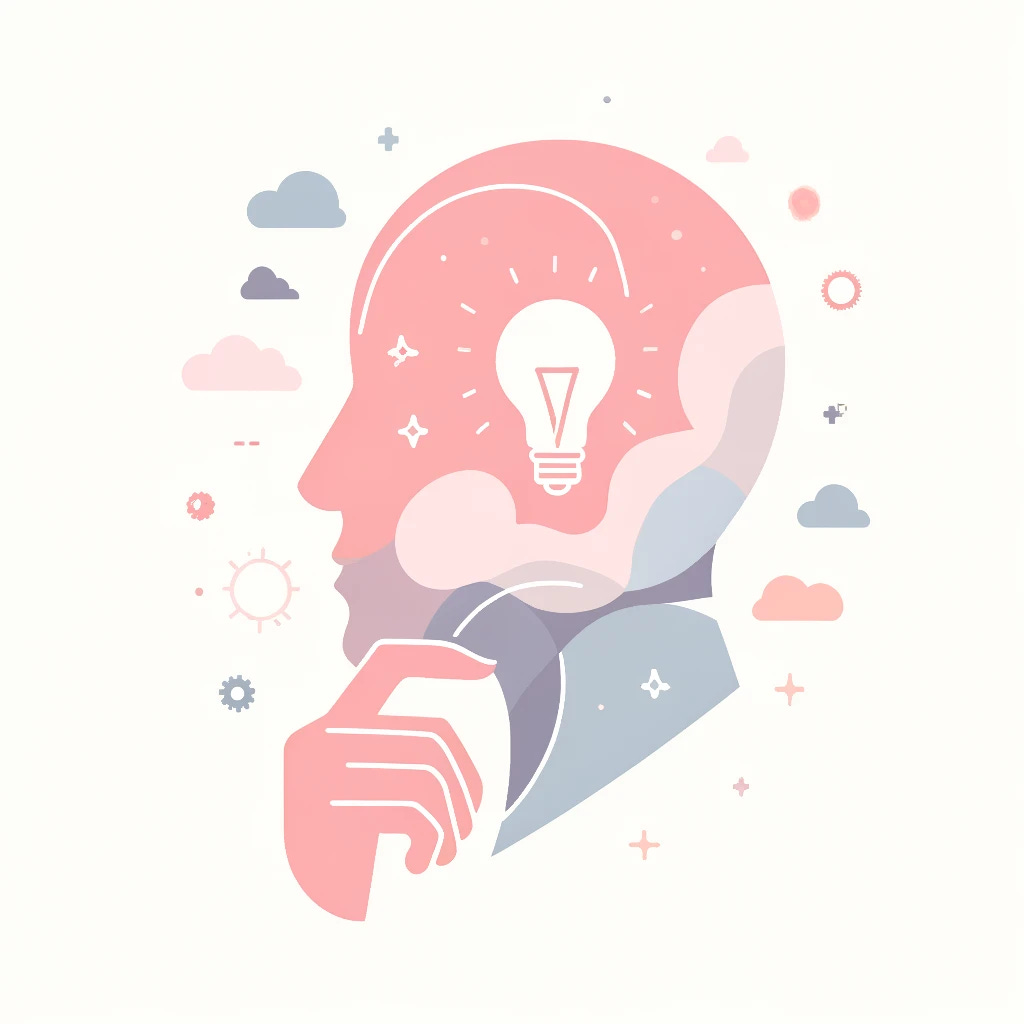Hello there, lovely reader! Welcome to the 110th edition of 10x Your Mind. Every now and then on Thursdays, I get this nagging feeling that I’m writing in a vacuum. What if no one reads it? Thankfully, a kind comment like the one below always puts my mind at ease. 😇 I received this a few days ago from a wise friend and avid 10x Your Mind reader:
I would find an ebook handy. I often scour past articles for reference, like today. I was writing about default behaviors and wanted to find the edition where we explored sugar cravings. This could easily be my confirmation bias talking, but I think an ebook would be useful.
Organizing all past articles into an ebook would be a time and effort-intensive endeavor. But I'm happy to take it up if it’s something you’d value. Please help me decide by taking the following quick poll.
Moving on to today’s edition. It’s about something I learned from the book that I’m currently reading, Clear Thinking by Shane Parrish.
Ever found yourself in a messy situation wondering, “How did I end up here?” or “What was I thinking?” I know I have, more often than I’d like to admit. The obvious conclusion is that I must be bad at making decisions. It's clear I need to improve my thinking.
Thinking leads to action. Action leads to results.
A good result must come from good thinking. A bad result must be coming from bad thinking.
Thinking → Action → Result
Good thinking → Good action → Good result
Bad thinking → Bad action → Bad result
Surprisingly, one of the above isn’t always correct. Can you guess which one?
Most bad actions don’t come from bad thinking. Instead, they are a result of no thinking.
Bad No thinking → Bad action → Bad result
When you’re wondering “What was I thinking?”, chances are you weren’t thinking at all!
Why do we end up not thinking?
Humans are hard-wired to save mental energy. Conscious thinking is energy-intensive. Default behaviors are not.
Imagine the two scenarios:
My kid comes screaming with anger → I shout back and tell him to calm down.
My kid comes screaming with anger → I pause to think and politely ask him about what’s wrong.
The latter needs me to put a conscious effort into pausing and thinking. The first one is the default behavior — fast and energy efficient.
Default behaviors aren’t always bad.
e.g., We don’t have to think while going to the familiar grocery store in the neighborhood. We put on our seat belts without thinking as soon as we sit in a car. We tend to smile if someone greets us even before we realize who they are.
The problem is we don’t know when to let the defaults take over and when to pause and think.
If only we knew which situations are we most likely to screw up. ⬇️
According to the author Shane Parrish, knowing these four default behaviors can save us from most “non-thinking” moments:
Emotion
We tend to respond to feelings instead of facts and logic.
Emotions are more likely to take over when we are hungry, sleepy, stressed, or exhausted.
Ego
We react badly to anything that questions our sense of self-worth.
When you find yourself saying “because I said so” to your kids or “because I’m the boss” to your subordinates, know that you’re being played by ego.
Social
We tend to conform to the norms of our larger social group.
Social defaults are taking over if you find yourself exerting energy to fit in or if you’re constantly worried about disappointing others.
Inertia
We tend to resist change and prefer our comfort zone.
“Why risk looking like an idiot when you can remain average?”
— Shane Parrish in Clear Thinking
Why bother asking for less sugar when the default serving of coffee in your favorite cafe comes loaded with the goodness of sweetness?
Just recognizing the four big defaults is a big help in avoiding bad decisions.
If we know we are more likely to slip, we can tread slowly.
If we know we are more likely to “not think” in a situation, we are more likely to pause and think. And less likely to end up in “What the hell was I thinking?!” moments.







I’m so glad more people want the ebook. Cant wait for it.
It’s remarkable how much a quick pause and deep breath before responding to something can help.